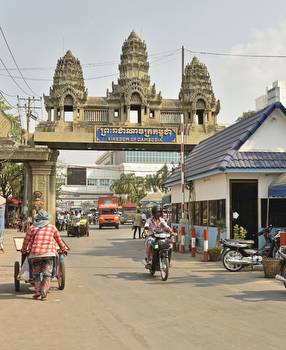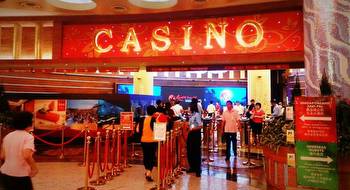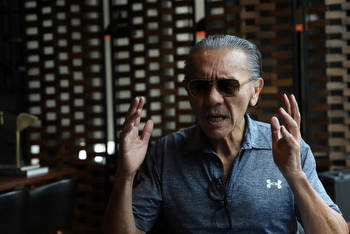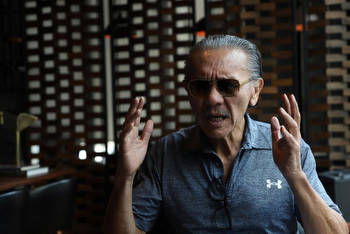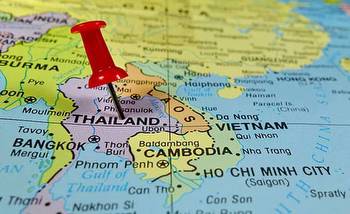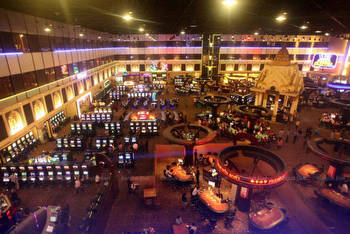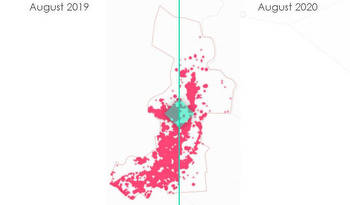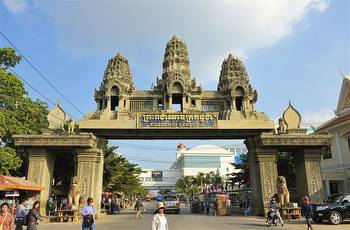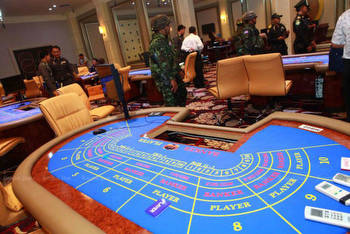Gambling with Thailand's future

Thai people love playing cards and betting on sports. Gambling is illegal in Thailand, except for the state lottery and horse races. The government is considering legalising gambling. It is a bid to boost the economy after the government successfully decriminalised cannabis. House committee studying the feasibility of opening entertainment complexes in each of Thailand's five regions proposes opening five casinos. If approved, it could generate billions of dollars from foreign investors, travellers and Thai gamblers. They also want to crack down on illegal venues, slot machines and online gambling, which is currently a problem in the country.
Aat Pisanwanich, director of the Center for International Trade Studies at the University of Thai Chamber of Commerce, thinks casino liberalisation in Thailand is too late. Cambodia, Laos, Myanmar, Malaysia and Singapore have already invested in casinos. Mr Aat questions whether Thailand has commissioned a Swot (strengths, weaknesses, opportunities and threats) analysis on the issue. He thinks Thailand should focus on developing tourism and tourism destinations to accommodate people who travel to play at casinos in neighbouring countries.
Phisut Sae-Khu, president of the Thai Hotels Association's eastern chapter, advises the government to carefully study the benefits and disadvantages of legalising casinos before implementing it. Pattaya tourism would not be affected if casino legalisation did not happen.
The Federation of Thai Industries (FTI) wants the government to conduct a test before making a decision on legalising casinos. The FTI chairman Kriengkrai Thiennukul supports legalisation as it will increase state revenue. He also supports strict laws to prevent underage people from entering casinos, but he is aware of worries over possible negative impacts. Former deputy PM Pridiyathorn Devakula is an opponent of legal casinos in Thailand.
Sangsit Piriyarangsan is chairman of the Senate committee tasked with tackling poverty and inequality. He believes Thai society is mature enough to accept the casino business, but clear regulations are needed to prevent social impacts.














